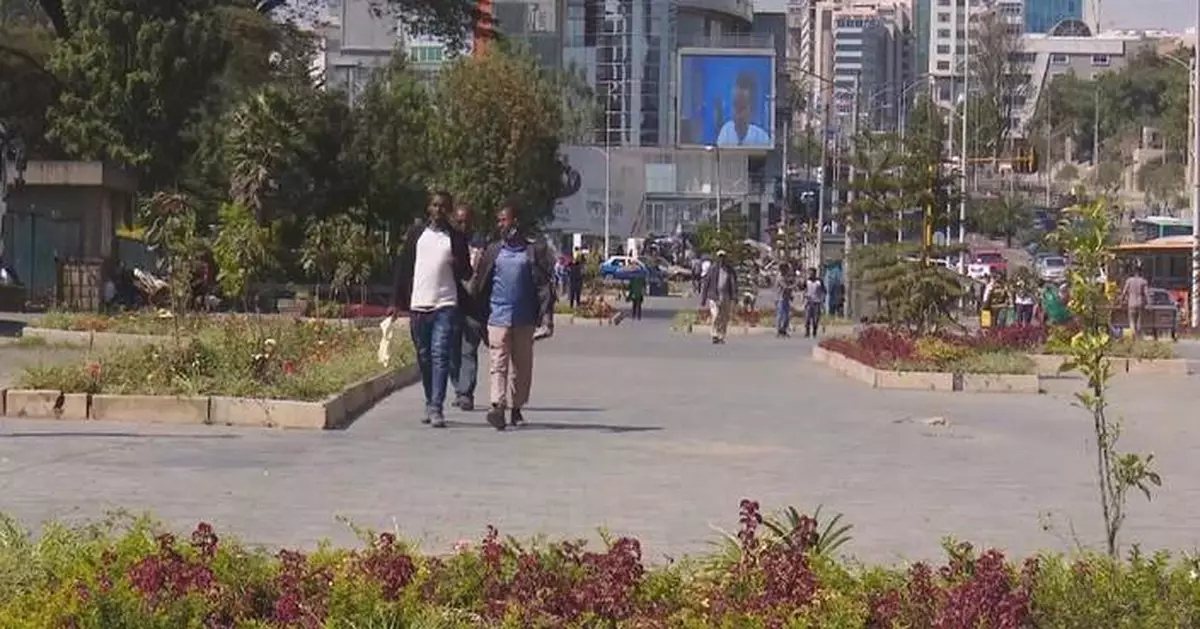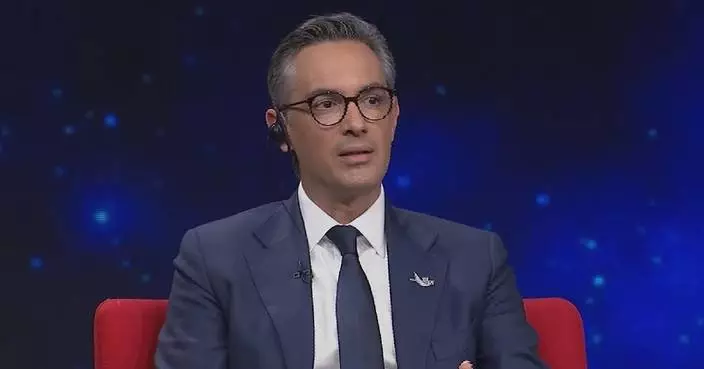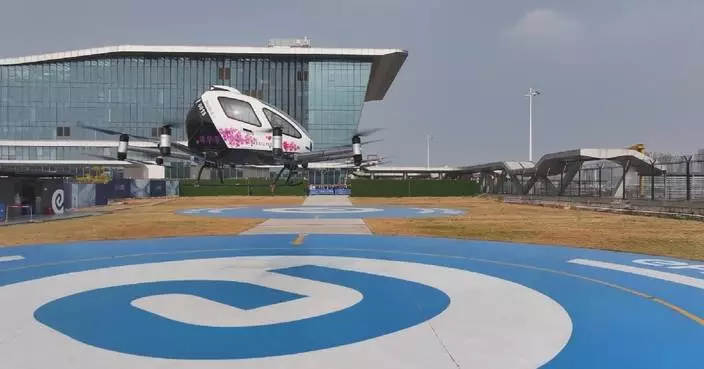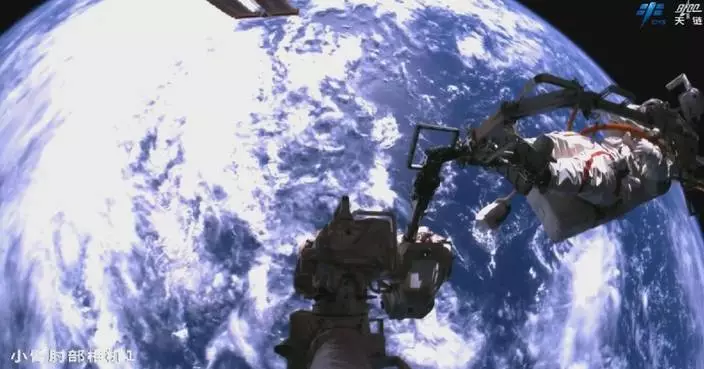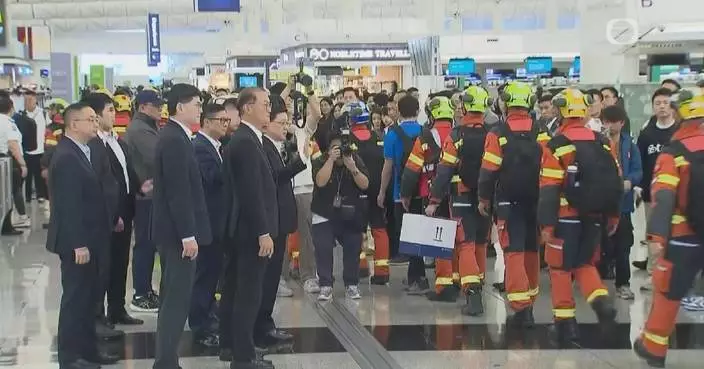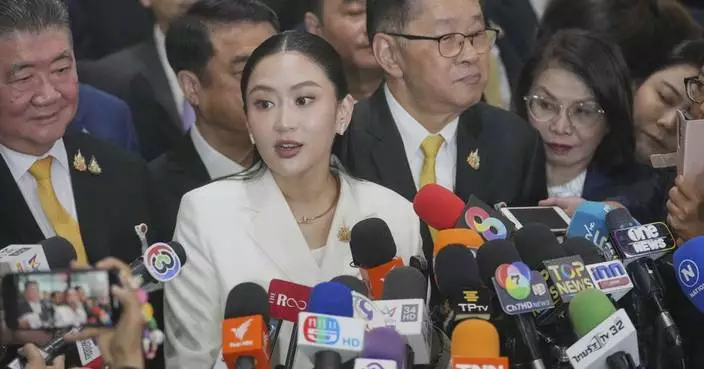Adhering to the principle of non-interference in the internal affairs of other countries, China has collaborated with African nations over the past several decades to achieve numerous significant outcomes, effectively countering the groundless criticisms from Western media, according to a video commentary released by China Global Television Network (CGTN) on Friday.
China and Africa share a longstanding friendship, marked by mutual respect, appreciation, and support over the past several decades. The results of their cooperation in infrastructure development, agriculture, healthcare, and education are undeniable, according to the commentary.
The commentary challenges certain Western narratives on human rights and democracy in Africa, emphasizing that these rights should fundamentally empower a nation and its people to choose their own development path and political system, free from external interference or intervention.
Historically, Western countries subjected Africa to centuries of brutal colonial rule and blatant racial discrimination. Even today, some Western countries continue to interfere in the internal affairs of African nations through financial, legal, sanction-based, and even military actions, the commentary says.
In contrast, China strictly adheres to the principle of non-interference in other countries' internal affairs and advocates for the rights of Africans at the UN.
"To rectify the historical injustice against Africa, we must, first and foremost, unequivocally oppose the remnants of colonialism and all forms of hegemonic practices. Western countries should genuinely shoulder their historical responsibilities, change course, cease their wrongdoings, including external interference and sanctions, and return Africa's future to the African people," said Fu Cong, China's permanent representative to the United Nations.
According to the commentary, Africa's understanding of human rights and democracy is shaped by its unique historical context. For many African nations, the focus is on safeguarding national independence, ensuring collective rights, promoting development, and improving the living standards of their people.
This perspective drives African countries to prioritize cooperation and development as means to achieve social progress, which aligns exactly with China's developmental concept, the commentary says.
By the end of 2020, Chinese companies' direct investment in Africa had exceeded 43 billion U.S. dollars. China has established over 3,500 companies of various types across the continent. According to the commentary, these companies have directly and indirectly created millions of jobs.
As the commentary noted, during the rampant spread of the COVID-19 pandemic, Western countries hoarded vaccines and even wasted some. Data indicates that by the end of 2021, Western countries stockpiled as many as 600 million unused COVID-19 vaccines. Meanwhile, many African countries in urgent need had no access to Western vaccines.
South African President Cyril Ramaphosa once harshly criticized this, saying, "The greed that they demonstrated is quite disappointing indeed, particularly when they say they are our partners."
Unlike some Western countries, China has consistently provided substantial assistance to Africa in the fight against COVID-19. By December 2021, China had delivered over 180 million doses of COVID-19 vaccines to 53 African countries and the African Union.
Medical cooperation between China and Africa began long before the COVID pandemic. Over the past 58 years, China has dispatched approximately 23,000 medical personnel to over 40 African countries, providing treatment to about 230 million patients.
"As we can see, for the last 15 years, China has been the largest trading partner with Africa. So as China's economy improves, we also expect benefits within the African countries because if we are cooperating with China, we are looking at industrial development, and we are looking at infrastructure development," said Gerald Mbanda, founder of Africa China Review.
The commentary says Western countries' "support" for the protection of human rights in Africa should not be about imposing their own will but rather be based on Africa's understanding and needs.
At the end of the day, it is the African people who have the final say on whether China is violating human rights in Africa or not. China has consistently respected their choices, and the results of China-Africa cooperation are visible and tangible. China has never been the so-called 'human rights underminer' but rather a steadfast defender of human rights," says the commentary.
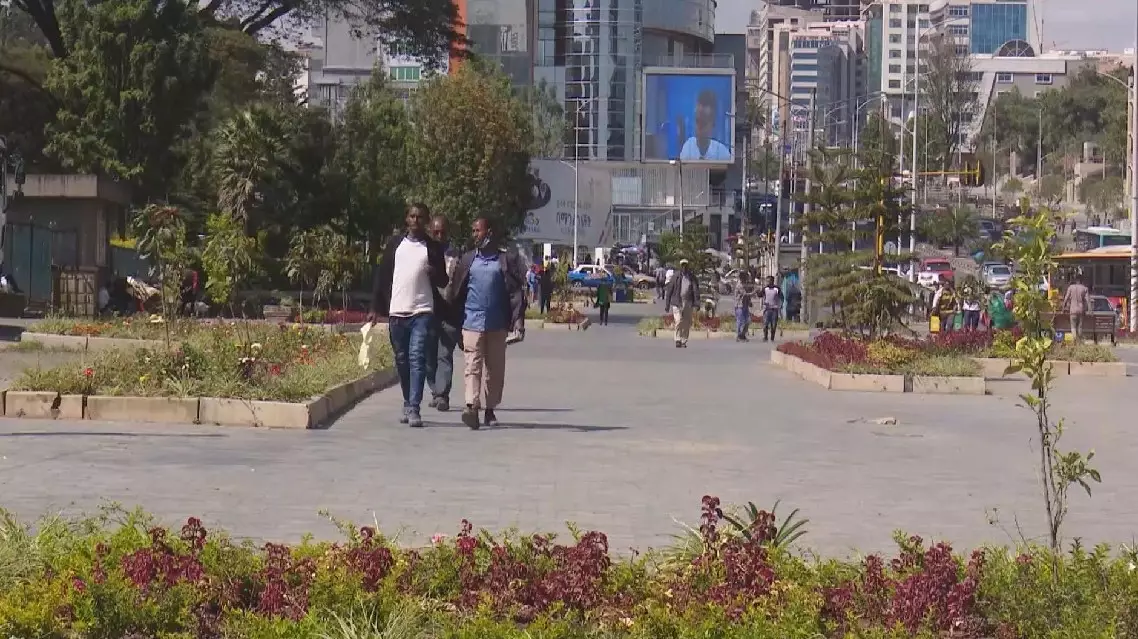
Upholding non-interference policy, China-Africa cooperation achieves significant outcomes: commentary


